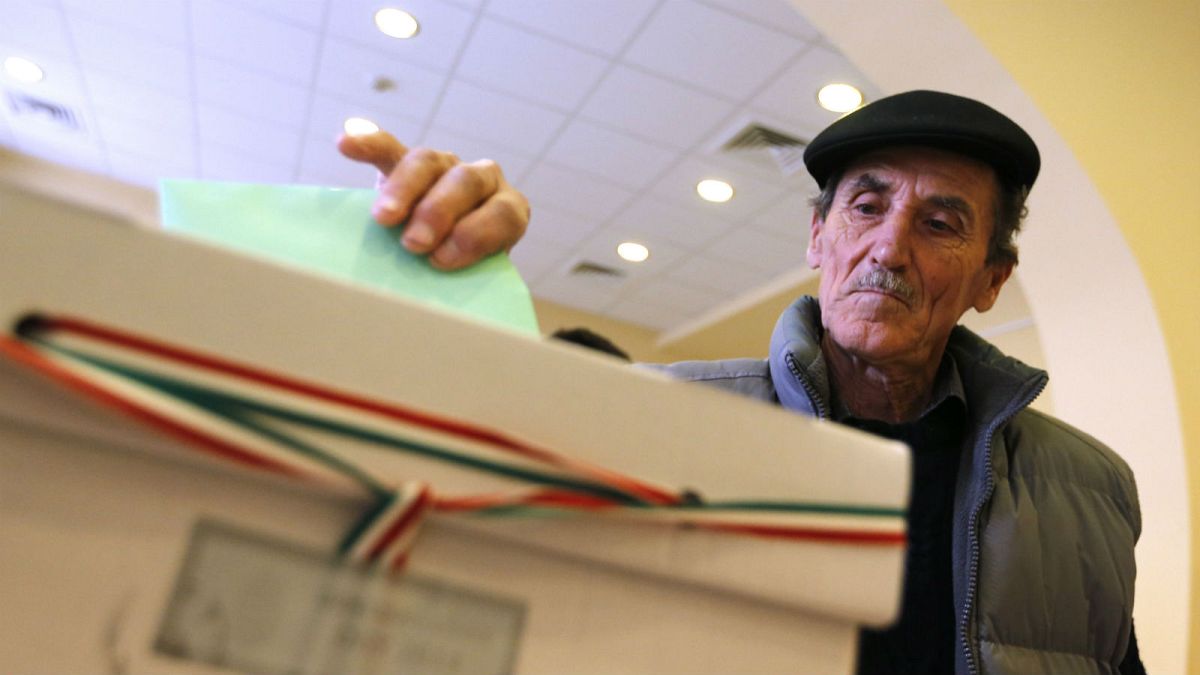Fake political parties are being set up ahead of elections in Hungary in a bid to cheat the public purse out of up to €9.5 million, it’s been claimed.
Fake political parties are being set up ahead of Hungary’s general election to cheat the public purse out of up to €9.5 million, it’s been claimed.
More than a dozen bogus parties have been established to take advantage of state subsidies for electioneering, says Transparency International.
Once parties have the required number of candidates, campaign cash is handed out without any need for receipts, experts say.
Fourteen fake parties have been registered ahead of Hungary’s election on April 8, according to Miklos Ligeti, head of legal affairs at TI Hungary.
Who are the fake parties?
Ligeti said fake parties tend to appear on the scene in the months before an election, ‘absorb’ the money and then disappear.
They show little interest in politics, do not put a personality forward as the face of the party and tend to get a very small share of the vote.
They should not, he added, be confused with genuine political parties who campaign outside the election period without success at the ballot box.
How do fake parties work?
Political parties need to get a minimum of 27 potential MPs before they can get access to government money.
The state offers cash per candidate put forward.
At Hungary’s last general election in 2014 — even with just the minimum 27 contenders — a fake party would have had access to 600 million Hungarian Forints, which is around €2m at today’s exchange rate.
For each candidate put forward 500 nomination signatures are required, but experts say it is easy to forge or copy them from others contenders.
Ligeti told Euronews the fake parties are given the cash without having to be accountable for how they spend it.
Their accounts are often two or three lines long with little specific information about what the cash was used for, he added.
How are fake parties a problem?
They are accused of depriving the Hungarian taxpayer of millions of euros, but there is also a political angle.
Although fake parties only got a combined 3% of the vote in 2014, it could have been enough to affect how much power the government could wield in parliament, said Ligeti.
The ruling Fidesz-KDNP coalition got a 66.83% share of seats in Hungary’s parliament, taking it over the all-important two-thirds threshold which gives it the power to change major laws and the country’s constitution.
If the fake parties hadn’t existed, their vote share might have gone to opposition parties and deprived Fidesz-KDNP of its two-thirds majority, thereby weakening its ability to push through controversial legislation.
What has the government tried to do about it?
Ligeti said the problem of fake parties had existed since Fidesz’ election reform package in 2013.
He said bogus political movements were given €12m in the 2014 election campaign.
There were attempts at reform last year, which obliged parties that receive less than 1% of the vote to repay any campaign cash they have claimed. It also means the party’s chief executive is personally liable for the repayments.
Ligeti said while this looks good on paper, in practice bogus parties can get round the new laws by appointing fictious people as their CEOs and making sure they do not register any assets that might be recovered for any sum owed.
What should be done?
Ligeti said reforms should include giving more money for election campaigning, but in a more transparent fashion.
“Money should not go to the political parties directly or the candidates,” he said. “Money should remain with the state treasury and political parties — with their receipts, bills and contracts — should go to the treasury. Pay money directly to them [the suppliers]. This should then be uploaded to a website and made transparent to the public.”
What do the Hungarian authorities say?
Hungary’s National Election Office did not respond to Euronews' requests for comment.
